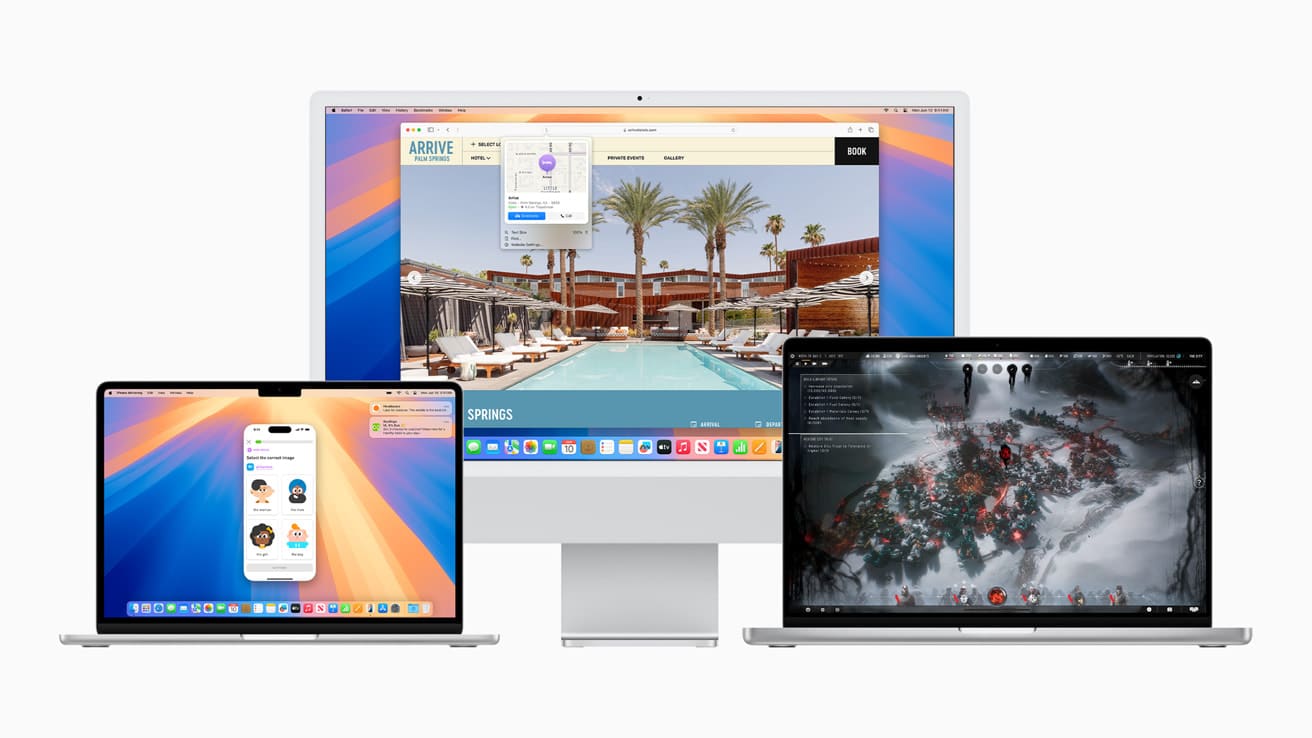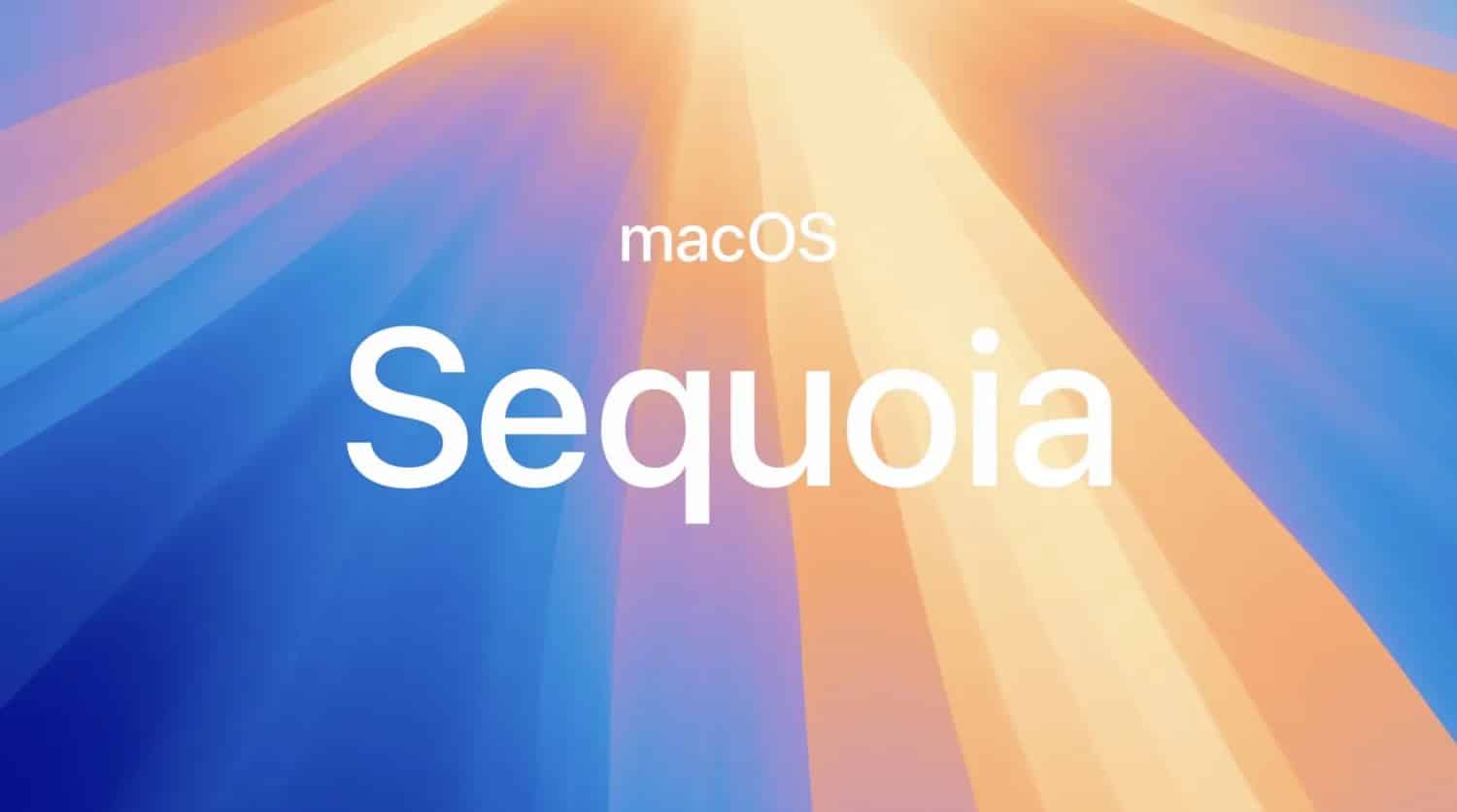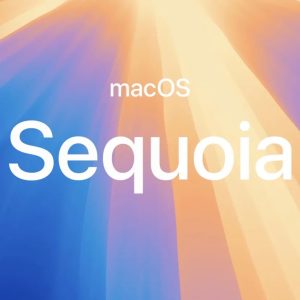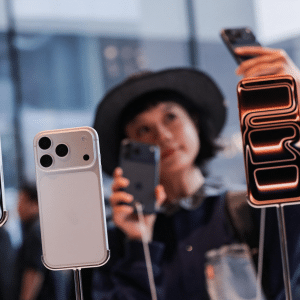Apple’s Original Security Commitment
In 2020, Apple made bold promises regarding macOS security, particularly around app notarization, which ensures apps are verified before they run on Macs. This system, designed to protect users from malware and unauthorized apps, was intended to be further enhanced with more user control. Apple initially promised an option for users to opt out of online notarization checks—a significant privacy win for users concerned about Apple’s collection of data related to app usage.
Despite these assurances, Apple has yet to fully implement this opt-out feature, leaving many privacy advocates disappointed. While Apple has addressed some concerns, such as stopping the collection of IP addresses related to notarization checks, the complete opt-out remains unfulfilled. This has raised questions about Apple’s transparency and commitment to user control.
macOS Sequoia: Significant Security Upgrades
Despite these lingering concerns, the release of macOS Sequoia brings over 70 new security fixes and privacy improvements. Among the most significant is a revamped Gatekeeper, which introduces tighter control over app permissions, making it harder for malicious apps to bypass Mac’s security layers. Gatekeeper improvements are designed to prevent unauthorized software from launching without user consent, ensuring that even if an app tries to exploit a vulnerability, it will be stopped. Additionally, macOS Sequoia addresses various privacy concerns, including enhanced protection against stalkerware—software designed to monitor users without their knowledge. By updating how macOS handles third-party applications, Apple aims to prevent unauthorized surveillance and provide greater transparency to users.
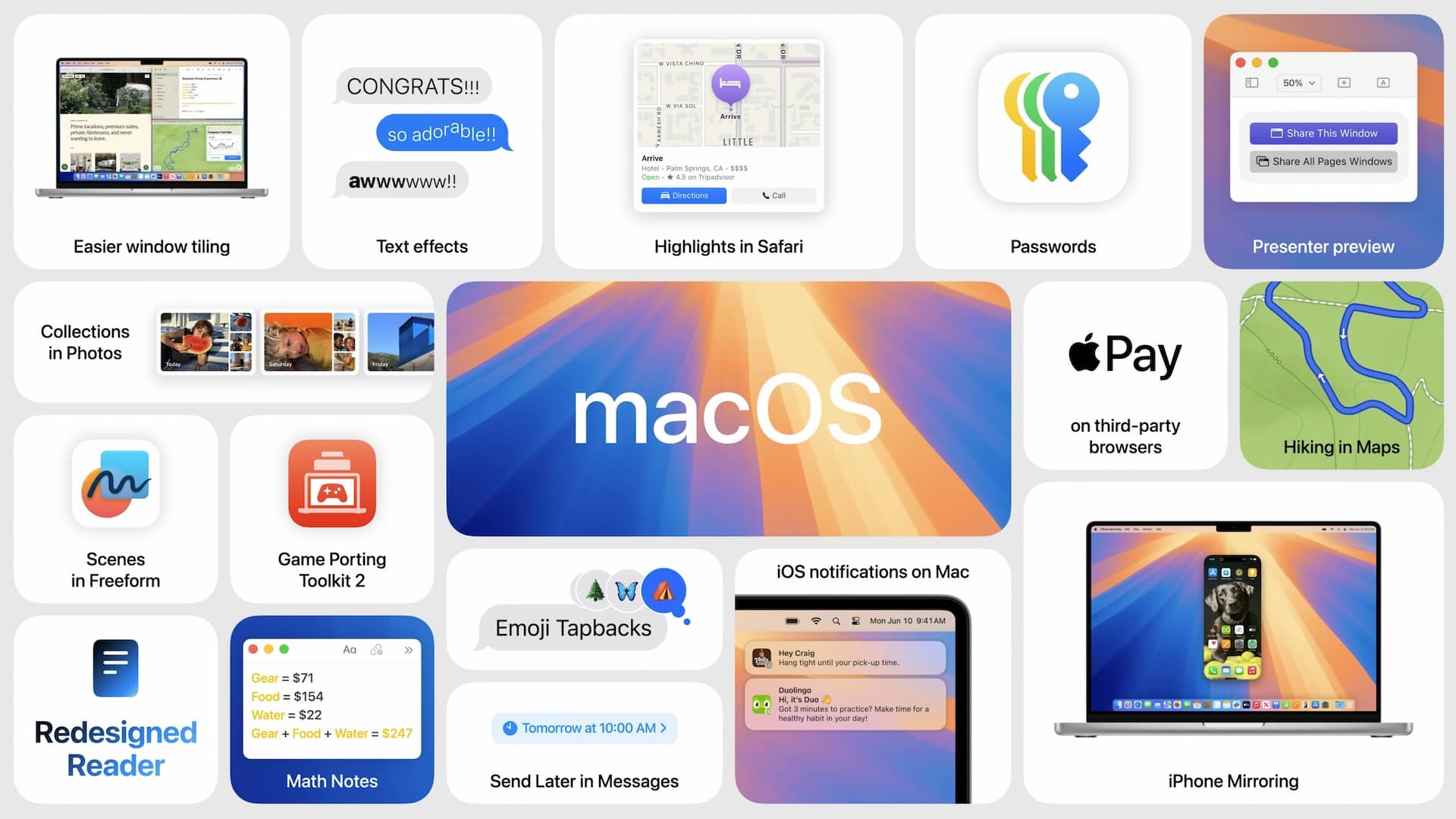
The Role of Apple Intelligence and Future Privacy Challenges
Apple has introduced Apple Intelligence with macOS Sequoia, a feature that brings AI-driven enhancements to the Mac experience. While this technology promises to streamline productivity and everyday tasks, it also introduces new concerns about privacy. Apple’s approach emphasizes running AI models on-device, meaning that data doesn’t leave the user’s Mac. This contrasts with many competitors that process data in the cloud, potentially increasing the risk of privacy breaches.
However, as AI becomes more deeply integrated into macOS, questions will arise regarding how much control users have over their personal data and whether Apple will fully deliver on its promise to prioritize privacy.
Security Failures and Fixes: The Sequoia Firewall Incident
The rollout of macOS Sequoia was not without its challenges. Shortly after its release, users reported that Sequoia’s firewall was causing disruptions in third-party security tools like CrowdStrike and SentinelOne, tools used by enterprise clients for endpoint security. Apple quickly issued a fix, but the incident highlighted the delicate balance Apple must maintain between keeping the macOS network secure while avoiding conflicts with essential security software.
This incident, though swiftly addressed, points to the complexities of ensuring seamless operation across various security layers. As Apple continues to tighten its grip on security, it will need to ensure its approach doesn’t inadvertently undermine the functionality of critical third-party tools.
The Unfulfilled Opt-Out Promise: What’s at Stake?
The unfulfilled promise of allowing users to opt out of app notarization checks remains one of the biggest points of contention. Originally designed to let users bypass online verification processes for apps, this feature would give users greater autonomy over what runs on their Macs. Critics argue that without this option, users remain tethered to Apple’s verification system, which some feel undermines the idea of full control over their own devices.
Many privacy advocates, including security experts, argue that allowing users to bypass notarization checks would reinforce trust in Apple’s commitment to user privacy. They claim that if Apple truly values privacy, it should let users decide how much of their data they want to share, especially when it comes to app usage.
Apple’s Security and Privacy Future with macOS
As Apple continues to evolve macOS, the company faces the challenge of balancing enhanced security with user autonomy. On one hand, macOS Sequoia delivers important updates, including improved Gatekeeper controls and tighter app permissions. On the other hand, the lack of a promised opt-out feature for notarization checks leaves users questioning Apple’s broader commitment to privacy.
For users invested in the Apple network, macOS Sequoia remains a significant upgrade, but it also serves as a reminder that Apple’s vision for privacy still has room for improvement. In the coming years, Apple will need to address both lingering privacy concerns and the increasing integration of AI within its products, ensuring that user control remains at the forefront of its security efforts.
